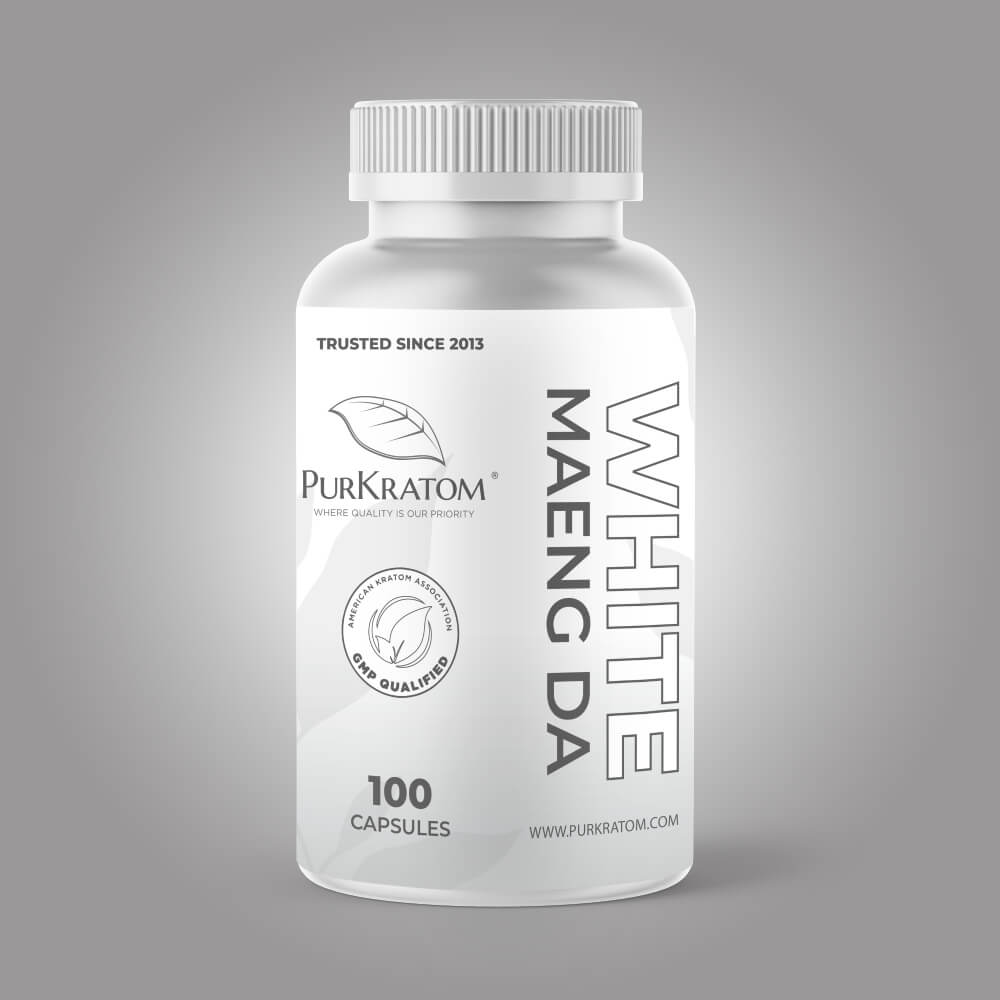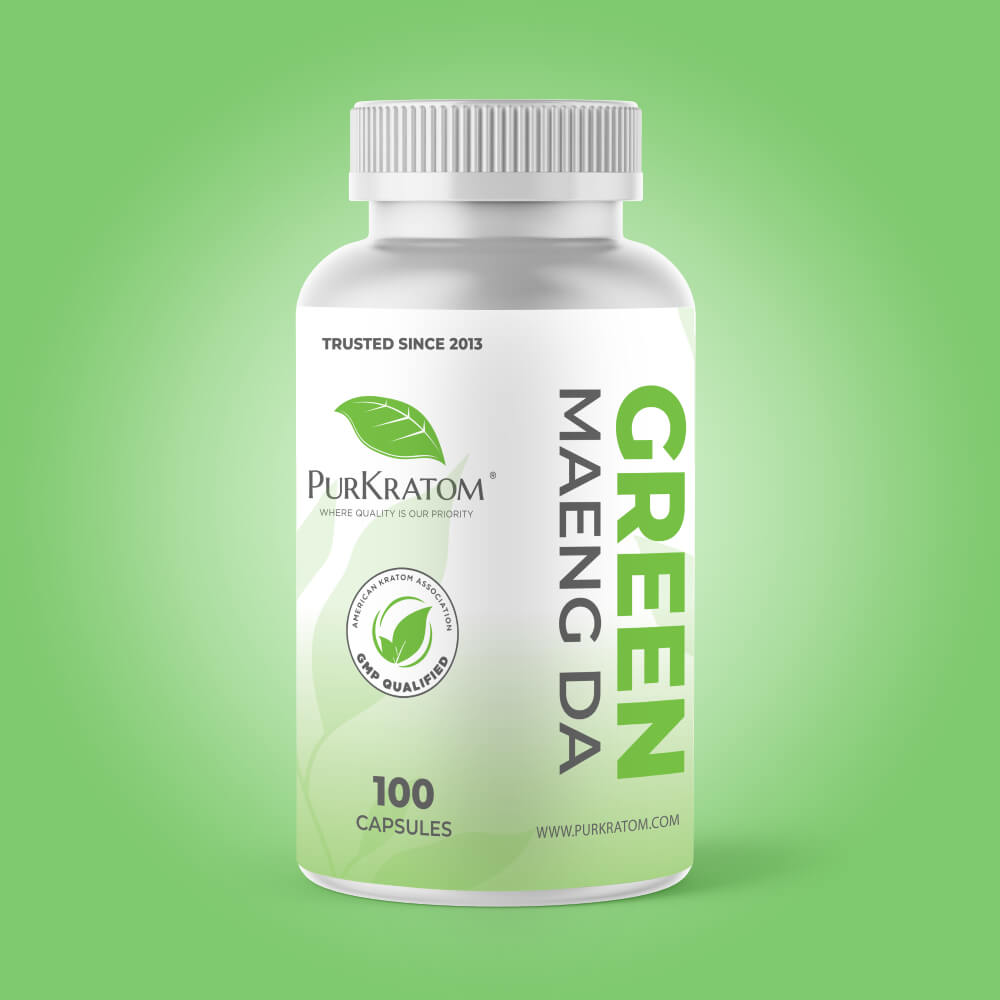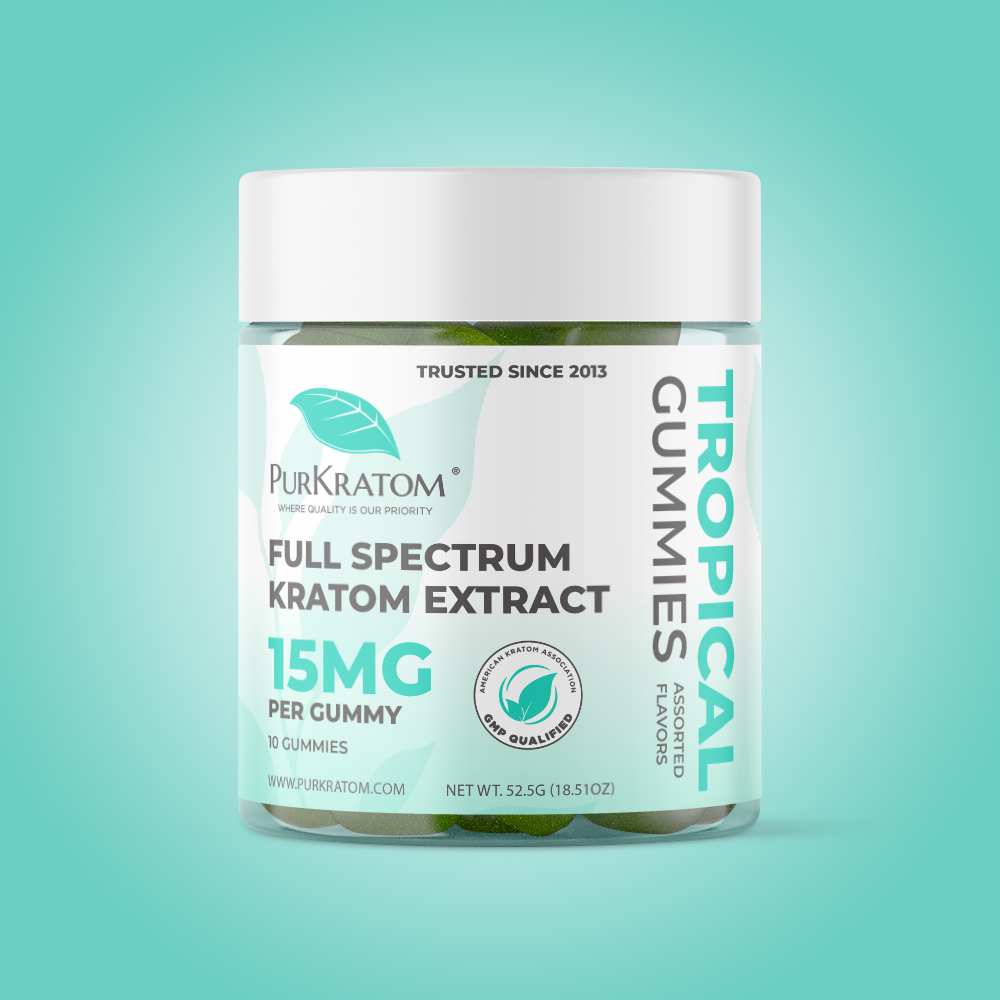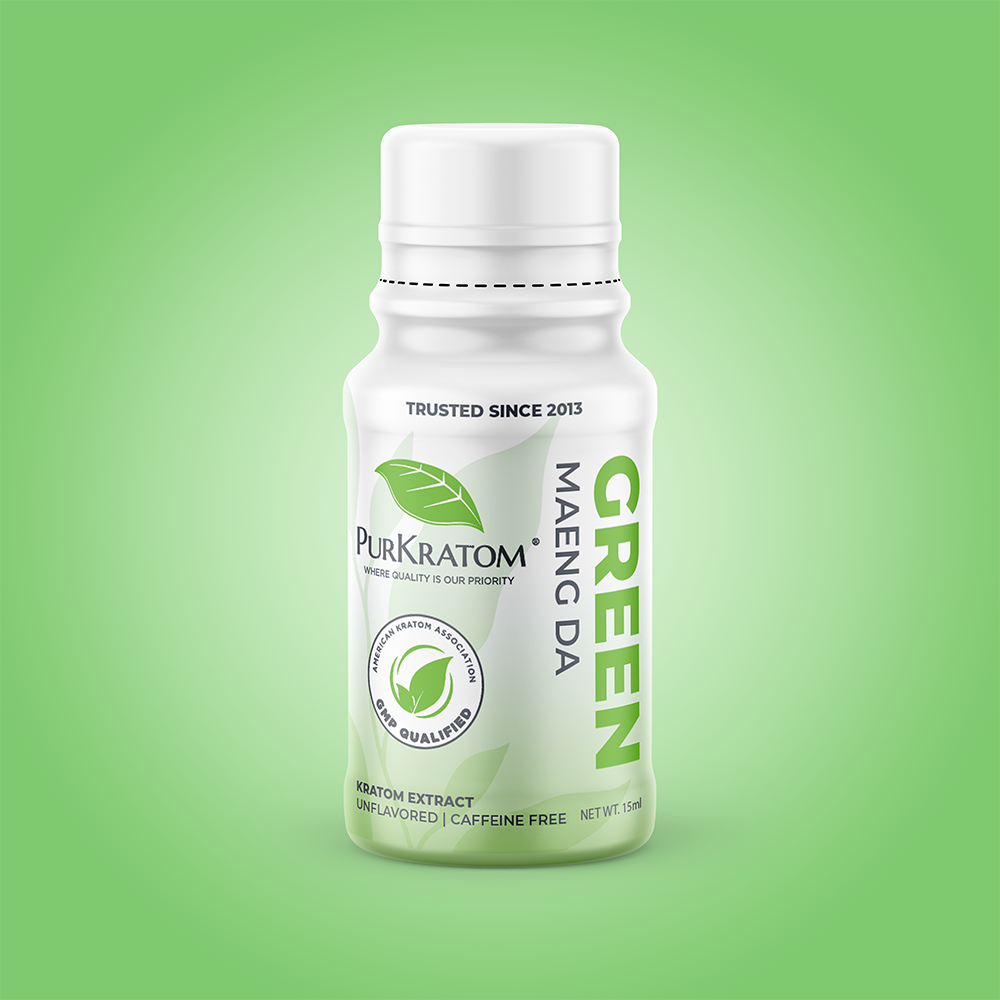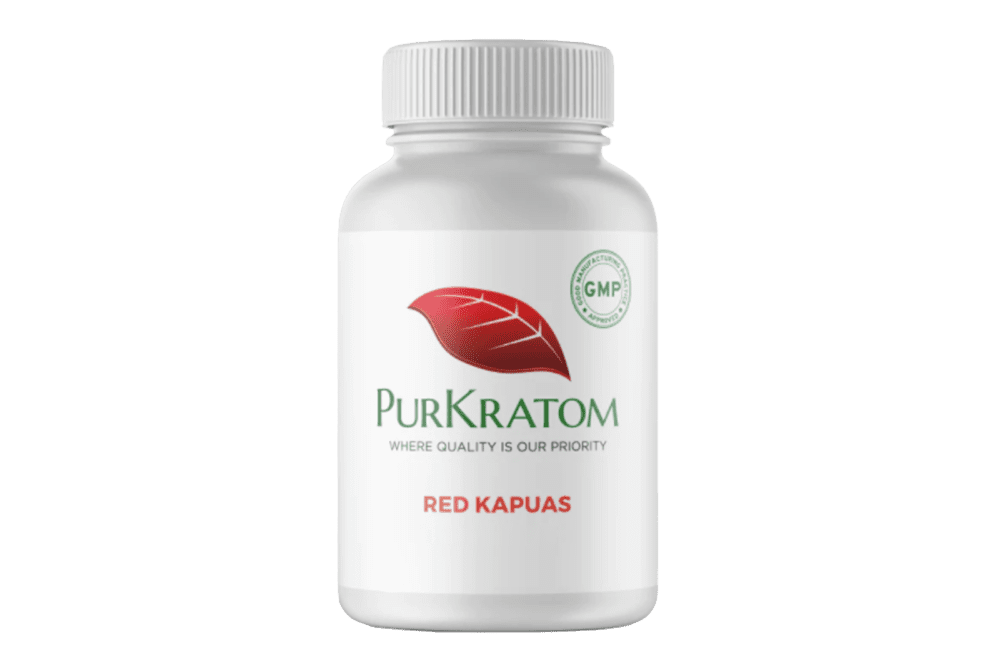With the growth in popularity comes increased scrutiny and, unfortunately, some misinformation, especially when it comes to newer products like kratom.
What You Need to Know About Kratom
Kratom is derived from the leaf of the kratom tree, an evergreen plant native to Southeast Asia that grows wild there. It has been used for thousands of years in that region to help promote wellness, support energy, and improve mood. In recent years, it has become increasingly popular in the United States as a way to help with poor sleep quality and other common problems people face every day.
Unfortunately, because kratom is still relatively new in the United States and not yet FDA approved, there's still much skepticism surrounding kratom, especially among those who prefer conventional wellness products. So, if you are asking yourself, “Is kratom safe?” or “Is kratom an opioid?” or if you are wondering how to tell the difference between legitimate concerns and misinformation, keep reading below.
Kratom Myths Debunked
We live in a world where we are constantly bombarded with information from all sides. It is easy to get caught up in the hype and believe everything that people say, which is why it's important that you take some time to learn about the facts.
Here are the basic facts about kratom, as well as some common myths that have been debunked:
Fact: Kratom May Have Some Side Effects
While kratom is generally safe, it would be disingenuous to say there are no side effects related to its use. Even though most users don't report any kratom side effects, some have experienced mild nausea and constipation when taking kratom in larger serving sizes.
That's why users must take some time to learn what is their ideal kratom serving size. We always recommend that new users start with small serving sizes and work their way up slowly until they reach their desired effects. If kratom is taken too liberally in large serving sizes, it may cause sweating, dry mouth, and undesired weight loss over time.
Myth: Kratom Products Contain Metals and Fillers
This one is tricky, as it largely depends on where you get your kratom products. Naturally, kratom is a plant that contains no metals or harmful substances; however, some companies may choose to use additives and GMOs during the cultivation or extraction of the plant.
To make sure you get the highest quality kratom products without any unnatural substances, order from a trusted vendor specializing in high-quality kratom products. PurKratom products have no fillers, metals, or other additives. Ever. Additionally, all our products are tested by third-party labs..
Fact: Kratom Offers Multiple Benefits
The two most active compounds found in kratom, mitragynine and 7-hydroxymitragynine, are known to stimulate the receptors in our system that are responsible for promoting overall feelings of wellness and balance. The specific benefits of kratom vary depending on the type of kratom you use (red, white, green, or yellow). The most common uses are to support wellness and increase energy levels.
Myth: Kratom Is Illegal in the U.S.
The legal status of kratom in the United States can change from state to state. While some groups are pushing for more regulations, many people want it to stay legal for consumption without significant restrictions. This has left the current legality open-ended, depending on where you live.
Currently, there are only six states that regulate the buying, selling, and possession of kratom. These include Alabama, Arkansas, Indiana, Rhode Island, Vermont, and Wisconsin. To learn more about the legal status of kratom in the U.S., check out this article.
Takeaway
In recent years, kratom has become well-received and regarded for its use for general wellness. While there are some concerns regarding its safety and usage, many concerns are based on it being a new product that many are unfamiliar with, including federal regulatory agencies in the U.S.
Having said that, kratom is known to produce some side effects when used in large quantities, so it is always important to use it responsibly and not exceed the recommended serving size. While there are no federal restrictions, kratom is banned in a few states as of 2021, so buyers should always check their state laws before ordering kratom products online.
 Login
Login







